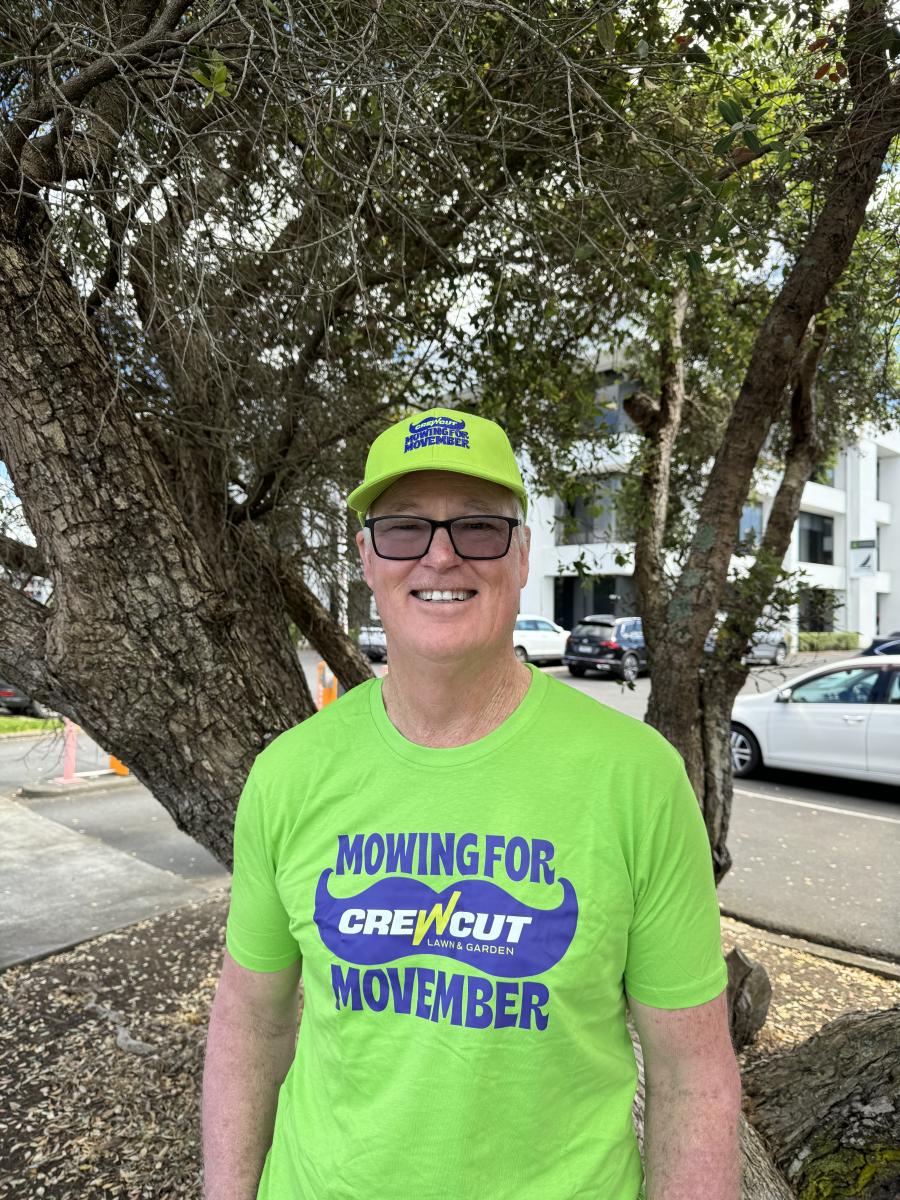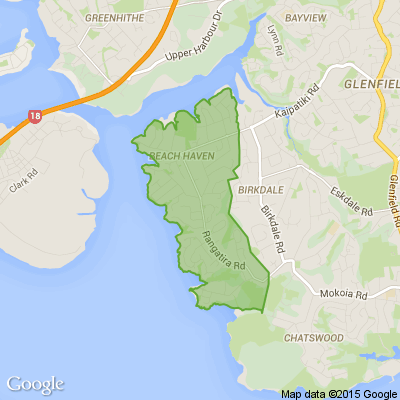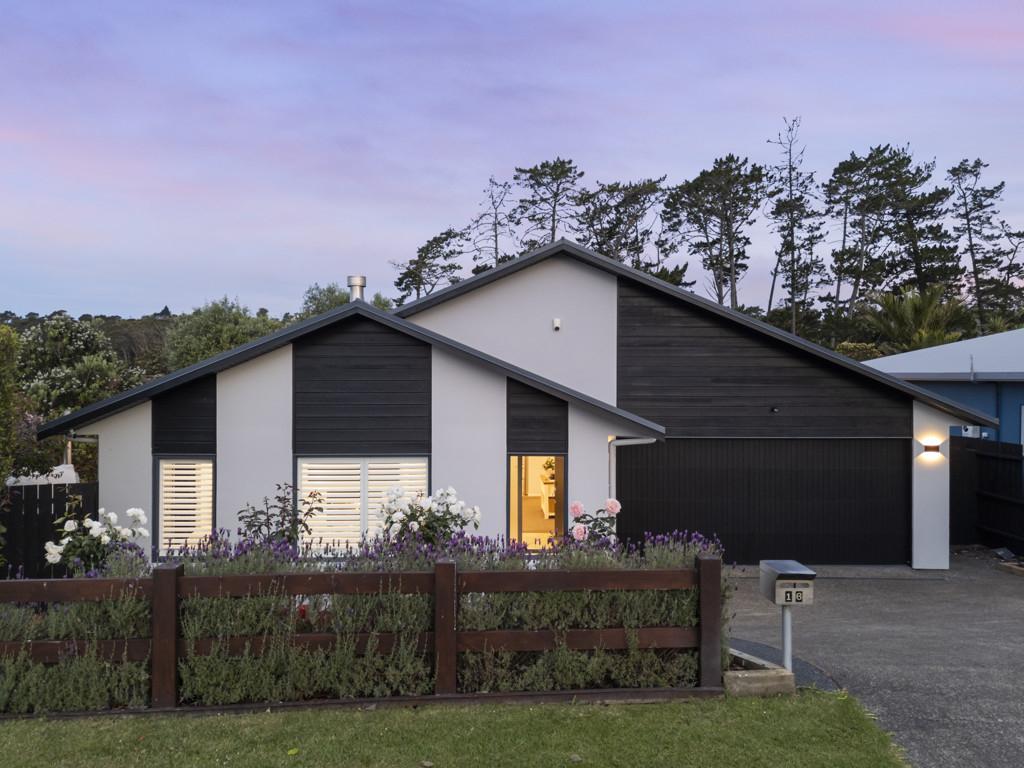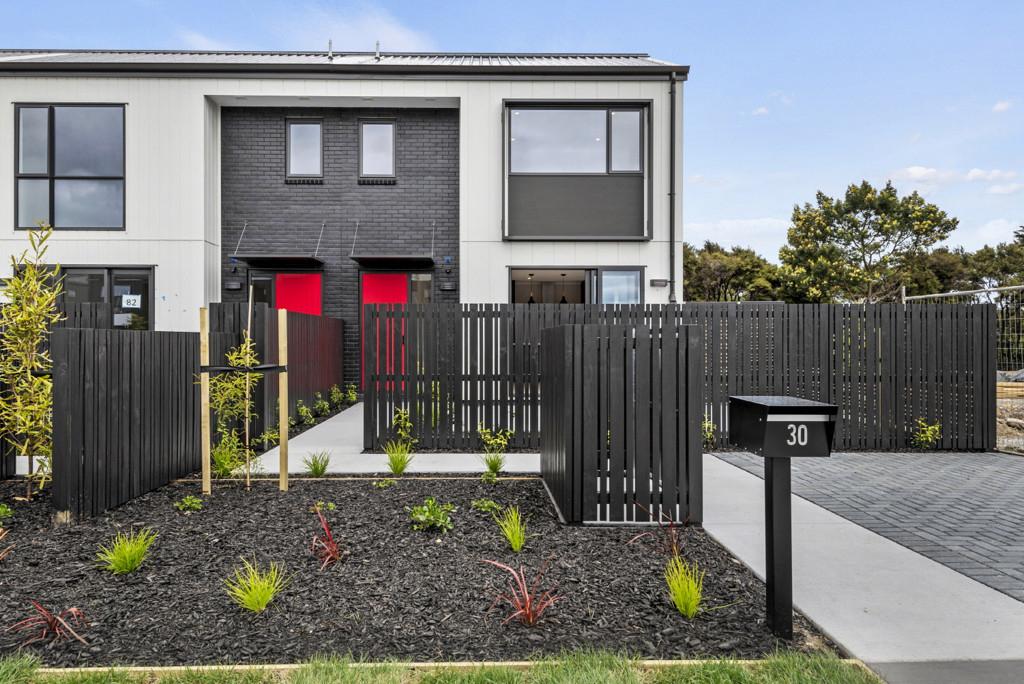Call For Puppy Raisers: International Guide Dog Day
Blind Low Vision NZ Guide Dogs is appealing for puppy raisers in Auckland as International Guide Dog Day rolls out on Wednesday.
Sara Leavy has been a puppy raiser for Blind Low Vision NZ for the past 3 years.
The Stanley Point resident, on Auckland's North Shore, is relishing raising third pup Emma.
Her first two charges Ivy and Aztec both qualified for the guide dogs programme, which only accepts the best dogs.
Getting the phone call to hear your pup has been matched is one of the best moments, Leavy said.
“It makes you so unbelievably happy and weepy," she said.
“To know that after all the work that’s gone into the pup – from the breeding centre, trainers, vets, boarders, as well as our patience and time – has all been worth it.
"That the dog will now meet their new handler and together they will be a team, exploring the world together, is an amazing feeling.”
Saying goodbye to a pup as they left for formal training was a mixture of sadness and excitement, she said.
“I have three kids and I see the pups like my kids. I want to make them well socialised, well-mannered and then I want them to go out into the big wide world as a working adult making a difference.”
Her youngest son, smitten with their first puppy, started to research the difference guide dogs made in people’s lives.
“He would talk about a girl who had become blind at 13 years old and hadn’t left the house until she got her first guide dog at 17," Leavy said.
Her world just opened up.
Rochelle Corrigan, Blind Low Vision NZ Guide Dogs Puppy Placement and Development Manager said puppy raisers were essential.
“Our puppies need to have as many experiences and social outings as possible in the first year of their lives to best prepare them for life as a guide dog and this could simply not be achieved without the dedication of our fantastic volunteers.”

Live Q&A: Garden maintenance with Crewcut
This Wednesday, we are having another Neighbourly Q&A session. This time with John Bracewell from Crewcut.
John Bracewell, former Black Caps coach turned Franchisee Development Manager and currently the face of Crewcut’s #Movember campaign, knows a thing or two about keeping the grass looking sharp—whether it’s on a cricket pitch or in your backyard!
As a seasoned Crewcut franchisee, John is excited to answer your lawn and gardening questions. After years of perfecting the greens on the field, he's ready to share tips on how to knock your garden out of the park. Let's just say he’s as passionate about lush lawns as he is about a good game of cricket!
John is happy to answer questions about lawn mowing, tree/hedge trimming, tidying your garden, ride on mowing, you name it! He'll be online on Wednesday, 27th of November to answer them all.
Share your question below now ⬇️

Tips on Choosing the Right Mattress Size for Quality Sleep Every Night
When it comes to getting a good night's sleep, the right mattress size plays a crucial role.
You might have heard myths about beds and frames and which size suits you.
Today, we're here to demystify these myths and provide a size-by-size comparison to help you find the perfect fit for your needs.
Finding the Perfect Fit
Selecting the right mattress size is akin to finding the perfect fit in a world of options.
Much like trying on clothes or shoes, your mattress size should cater to your individual needs and preferences.
Let's explore some key factors to consider when finding the perfect fit for your mattress:
1. Personal Preferences.
Consider your sleeping habits and personal space preferences.
Do you like to sprawl out or curl up?
Are you a solo sleeper, or do you share the bed with a partner, kids, or pets?
Understanding your personal preferences is essential in determining the ideal mattress size.
2. Bedroom Size.
Take the dimensions of your bedroom into account when choosing a mattress size.
A spacious bedroom can accommodate larger mattress sizes, whereas smaller bedrooms may require more compact options to ensure ample space for movement and furniture placement.
3. Sleeping Partners.
If you share the bed with a partner, consider their sleeping habits and space requirements.
A larger mattress size, such as a queen or king, provides ample space for both individuals to move comfortably without disturbing each other's sleep.
What Size Should You Get?
Let's break it down size by size:
Single Mattress (91cm x 188cm). Ideal for kids' rooms, guest rooms, or small bedrooms. A single mattress is also a good option for individuals who prefer sleeping alone and value space conservation.
Double Mattress (137cm x 188cm). Also known as a full-size mattress, this option offers more room to stretch out than a single mattress. It's suitable for couples who like to snuggle or for individuals who appreciate extra space.
Queen Mattress (153cm x 203cm). The queen mattress is one of the most popular choices for couples. It provides ample space for two people to sleep comfortably without feeling cramped. It's also a great option for individuals who enjoy sprawling out.
King Mattress (167cm x 203cm). The king mattress offers the most space out of all the standard sizes. It's perfect for couples who want plenty of room to move around or for families who like to co-sleep with young children or pets.
Choosing the Perfect Mattress Size for Your Sleep Needs
Mattress sizes can vary around the world, which can sometimes lead to confusion. In New Zealand, we follow standard sizes such as single, double, queen, and king.
However, it's essential to consider your personal preferences and the dimensions of your bedroom and furniture when choosing a mattress size.
Selecting the right mattress size is crucial for a good night's sleep.
By understanding the differences between single, double, queen, and king mattresses, you can make an informed decision that meets your needs and preferences.
At Beds4U, we're committed to helping you find the perfect mattress size.

Poll: Should all neighbours have to contribute to improvements?
An Auckland court has ruled a woman doesn’t have to contribute towards the cost of fixing a driveway she shares with 10 neighbours.
When thinking about fences, driveways or tree felling, for example, do you think all neighbours should have to pay if the improvements directly benefit them?

-
82.4% Yes
-
15.1% No
-
2.5% Other - I'll share below






 Loading…
Loading…













